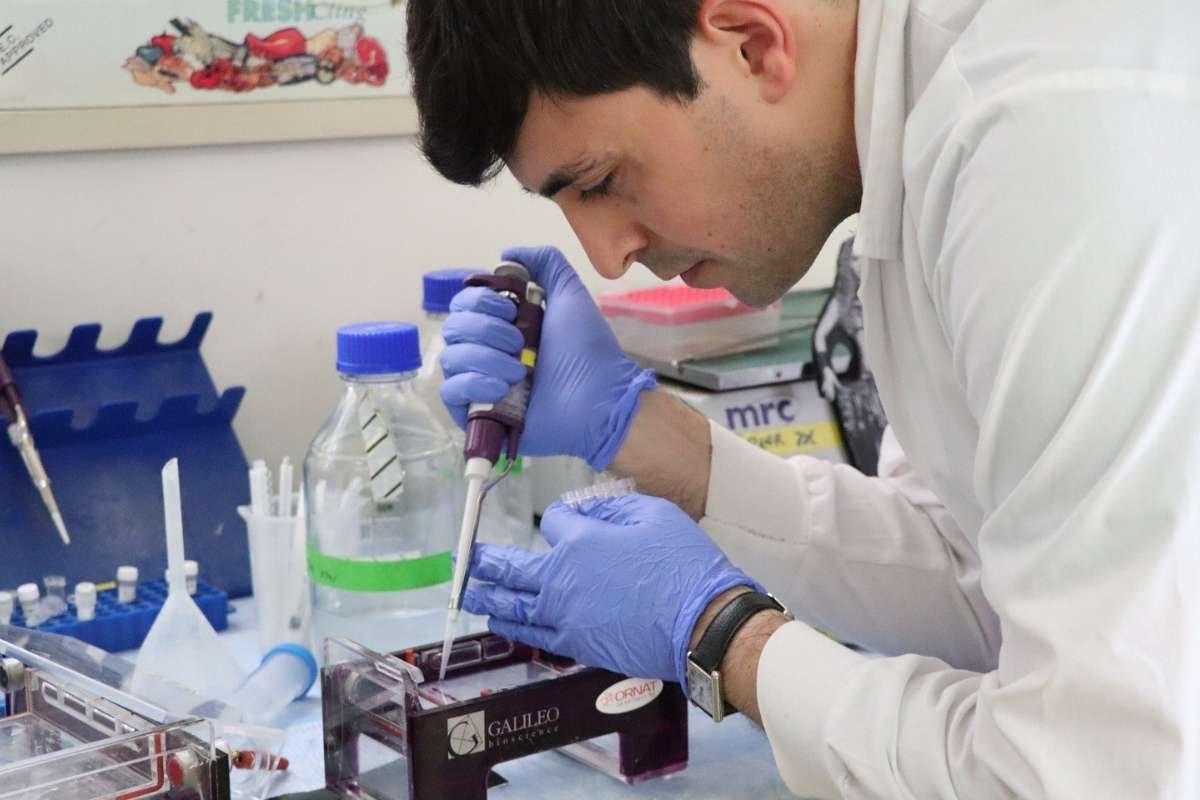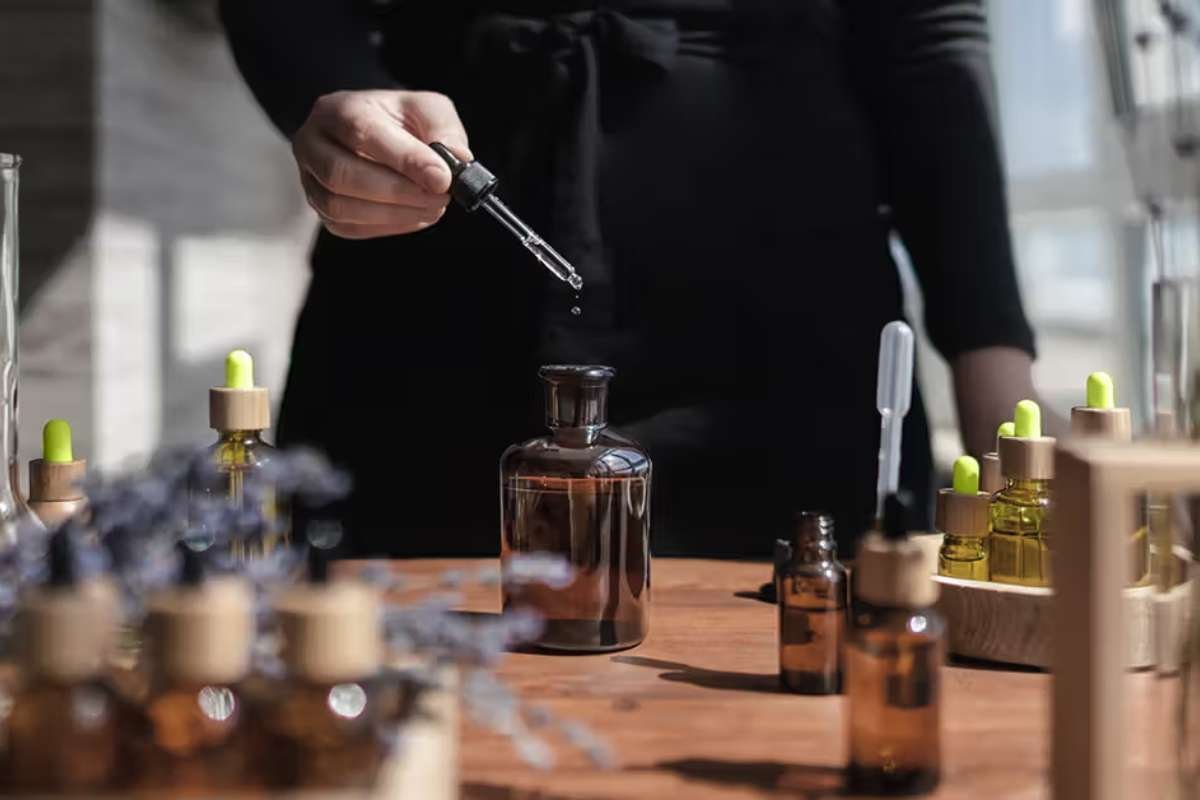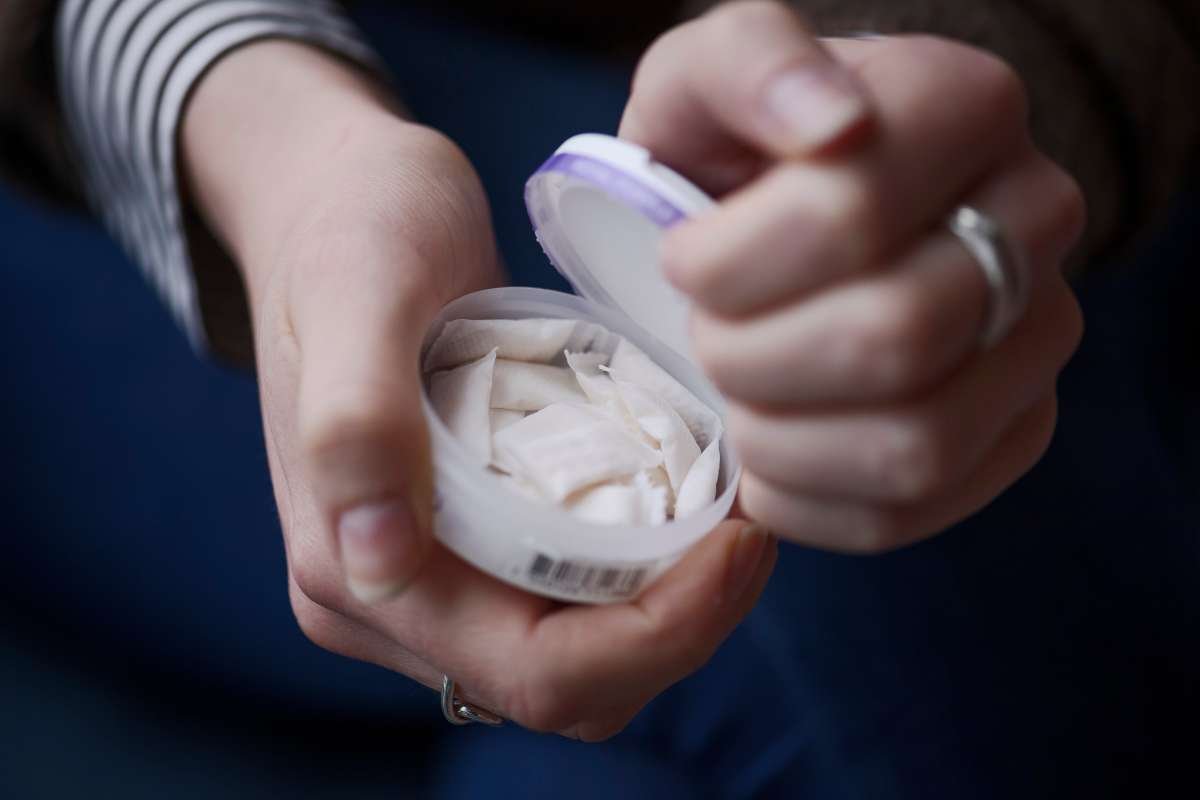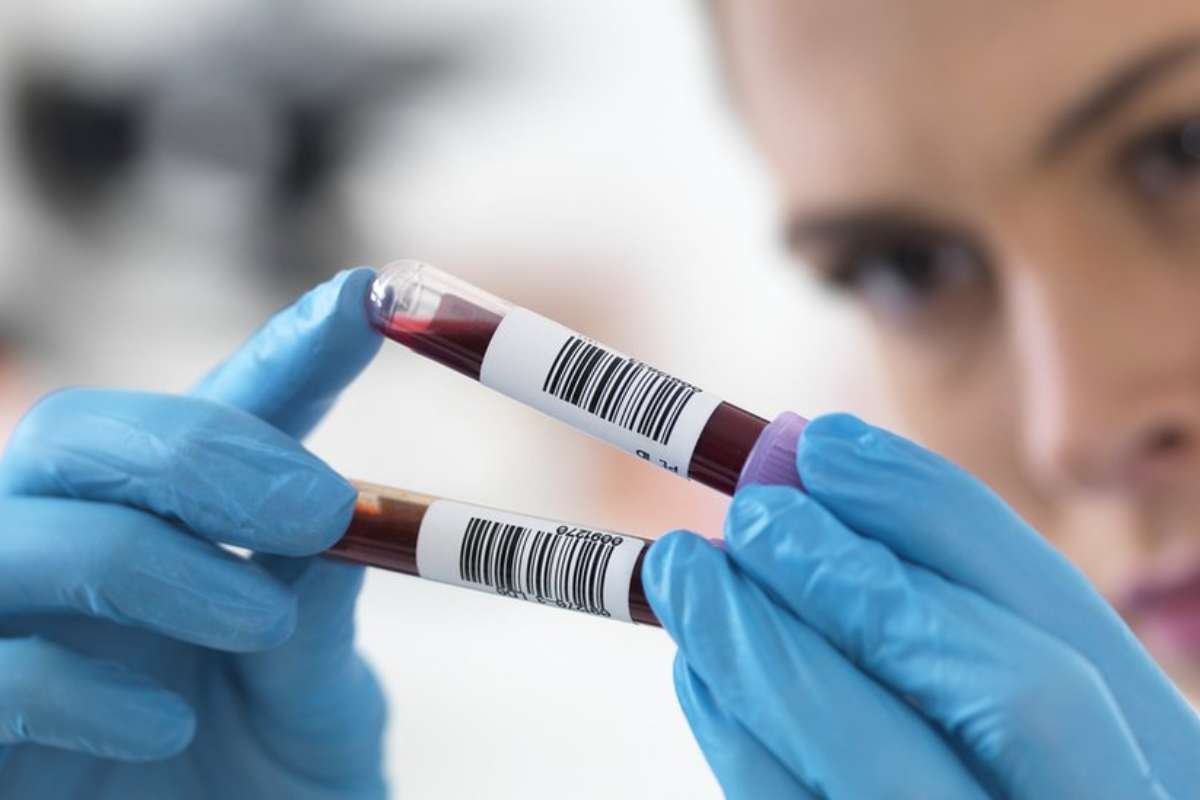Personal hygiene is a crucial aspect of our daily lives, and instilling these practices in children from an early age sets the foundation for a lifetime of healthy habits. Communicating with your child about personal hygiene is a fundamental part of parenting, ensuring their well-being and social development. In this article, we will explore the importance of discussing personal hygiene with your child, effective communication strategies, and how to navigate potentially awkward conversations to make this crucial topic more approachable.
The Importance of Communicating:
Personal hygiene is the practice of maintaining cleanliness and promoting good health through various daily routines. Teaching children about hygiene is vital for several reasons:
- Health and Well-being:
Good personal hygiene practices help prevent illnesses, infections, and skin problems. Teaching your child to wash their hands, brush their teeth, and take regular baths promotes their overall health and well-being.
- Social Acceptance:
Clean and well-groomed children are more likely to be accepted by their peers and build positive relationships. Personal hygiene can boost a child’s self-esteem and self-confidence.
- Self-Care:
Teaching personal hygiene empowers children to take care of themselves and become responsible individuals. It encourages independence and self-sufficiency.
- Prevention of Bullying:
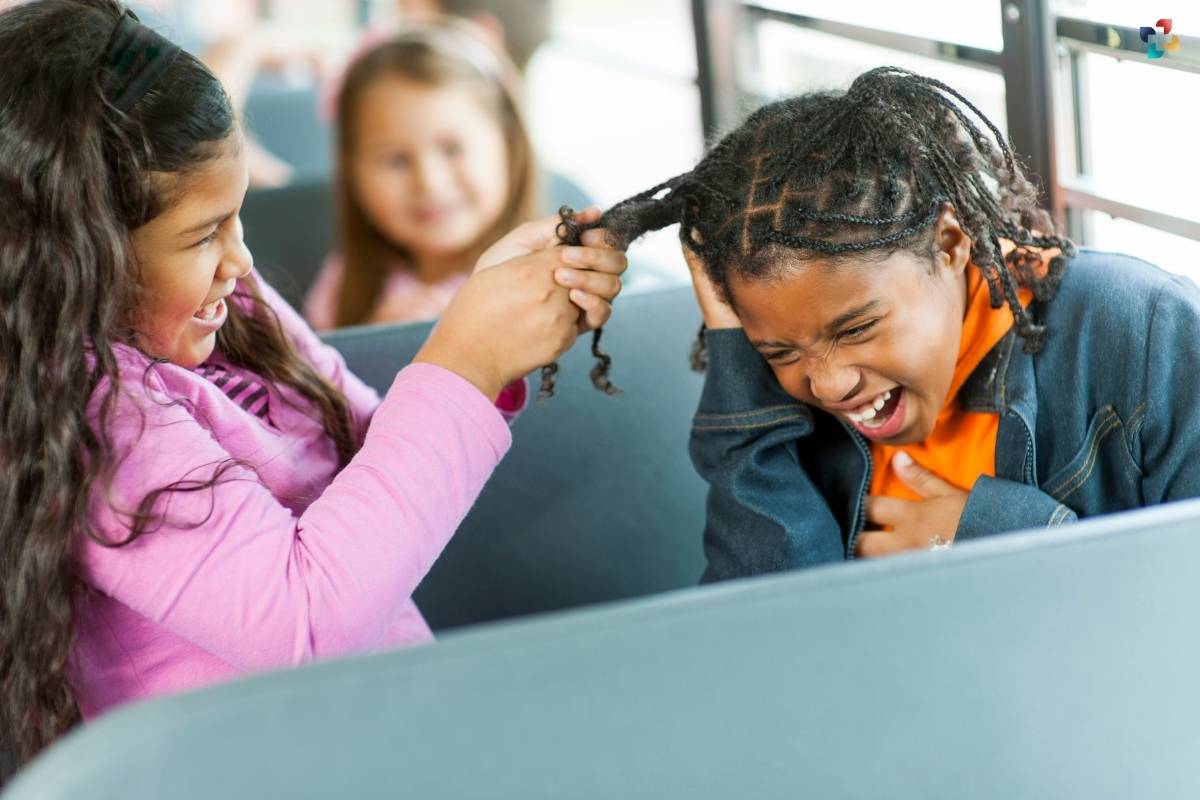
Children who do not practice hygiene may become targets for bullying, which can negatively affect their emotional and psychological well-being.
- Preventing Unpleasant Odors:
Good hygiene prevents the development of unpleasant odors, ensuring your child is comfortable and confident in social situations.
Effective Communication Strategies
- Start Early:
It’s never too early to introduce personal hygiene practices. As soon as your child can comprehend basic instructions, begin discussing the importance of staying clean and healthy.
- Use Age-Appropriate Language:
Tailor your language to your child’s age and comprehension level. Younger children may respond better to simple, concrete explanations, while older children can grasp more complex concepts.
- Lead by Example:
Children often learn by observing their parents or caregivers. Demonstrating good hygiene practices yourself sets a positive example for your child to follow.
- Make It a Routine:
Establish a daily routine for hygiene, such as brushing teeth after breakfast and before bedtime, taking a bath or shower, and washing hands before meals. Consistency is key to forming habits.
- Create a Fun Environment:
Make hygiene routines enjoyable by incorporating games, songs, or storytelling. This can make these practices more engaging for your child.
- Be Patient and Encouraging:
Encourage your child to practice personal hygiene but be patient when they make mistakes. Correct gently and offer praise when they do well.
- Address Questions and Concerns:
Be open to answering your child’s questions and addressing their concerns. This fosters a sense of trust and makes them more comfortable discussing personal hygiene with you.
Use Visual Aids:
Visual aids, like books or videos, can be helpful in explaining hygiene concepts and making them more relatable to children.
- Acknowledge Privacy:
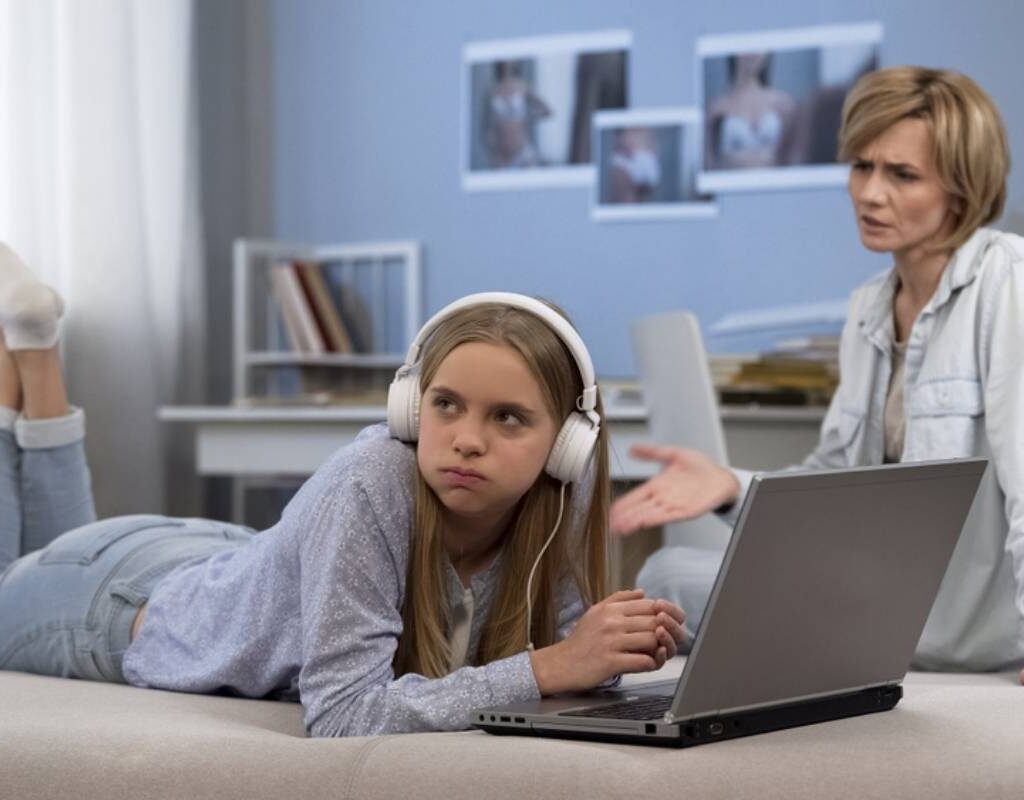
As your child grows, they may become more sensitive about their hygiene practices. Respect their need for privacy and allow them to become more independent in taking care of themselves.
- Navigating Awkwardness
Discussing personal hygiene with your child can sometimes feel awkward for both of you, but it doesn’t have to be. Here are some tips to help you navigate potentially uncomfortable conversations:
- Choose the Right Moment:
Find a quiet, private, and relaxed time to have these conversations, ensuring your child feels comfortable discussing the topic.
- Normalize the Conversation:
Treat hygiene as a natural part of life, just like eating and sleeping. This approach can help remove some of the awkwardness.
- Be Understanding:
Understand that your child may feel embarrassed or self-conscious. Let them know it’s okay to have these feelings, but reassure them that hygiene is essential for everyone.
- Use Humor:
A little humor can lighten the mood. Share funny stories or anecdotes related to personal hygiene, making the conversation more engaging.
- Offer Choices:
Allow your child some autonomy by giving them choices, such as selecting their own toothbrush or soap. This can make personal hygiene practices feel less like a chore.
The Consequences of Neglecting Personal Hygiene Conversations
Failing to communicate with your child about personal hygiene can have significant negative consequences:
- Health Issues:
Neglecting hygiene may lead to various health problems, including dental issues, skin infections, and gastrointestinal illnesses.
- Social Isolation:
Children who do not practice good hygiene may find it challenging to make friends and maintain healthy social relationships. They might become isolated due to their discomforting odor or appearance.
- Low Self-Esteem:

Poor personal hygiene can erode a child’s self-esteem and self-confidence, leading to a negative self-image.
- Academic Impact:
A lack of hygiene can distract a child from their studies, impacting their academic performance.
- Bullying:
Children who do not practice hygiene may become targets for bullying, which can have long-lasting emotional and psychological effects.
- Missed Opportunities:
Poor hygiene may limit a child’s participation in various activities and opportunities.
Conclusion
Effective communication with your child about personal hygiene is an essential part of parenting. It sets the stage for a lifetime of healthy habits, promoting their well-being, self-confidence, and social acceptance. While discussing hygiene may initially feel awkward, using age-appropriate language, leading by example, and creating a routine can make these conversations more comfortable. Neglecting hygiene conversations can lead to various health, social, and emotional issues for your child, so it’s crucial to address this important topic in a supportive and open manner. Emphasizing hygiene around children is a crucial responsibility as it shapes their future habits and overall well-being.




